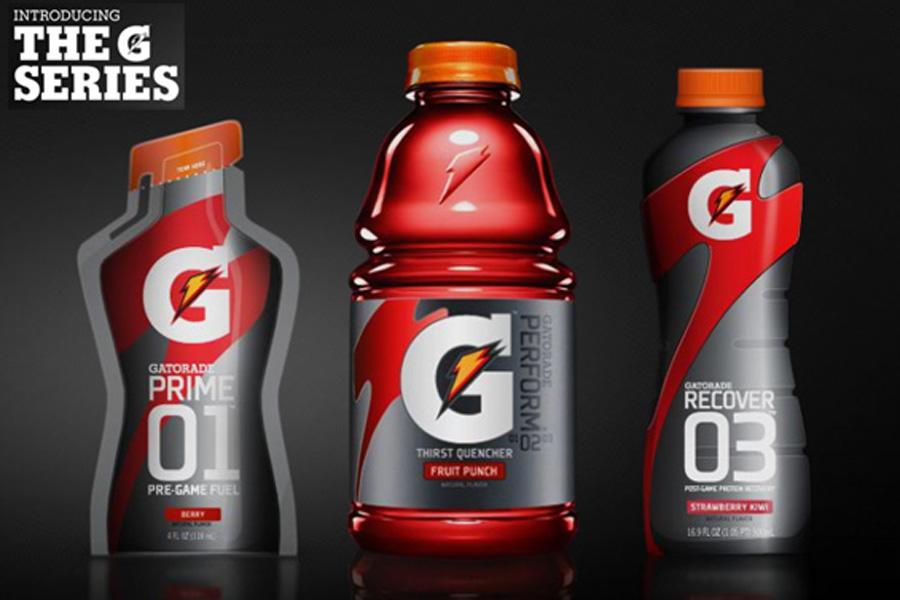Experts discuss benefits of sport drinks and supplements
Gulping down their Gatorade, a student athlete gets the boost of energy they need to finish the last half of the game.
According to Glen McNeil, Fort Hays State University associate professor, there are some benefits to athletes drinking things like Gatorade.
“How much is needed depends on the individual and their needs,” McNeil said. “These types of sport drinks are designed for professionals.”
Some students don’t believe Gatorade improves performance.
“It doesn’t actually improve your performance but it does rehydrate and give you more energy,” senior Lane Clark said.
Junior Adam Klaus also doesn’t think that Gatorade improves your performance.
“It does keep you hydrated so you have the energy to keep going,” Klaus said.
Studies have shown that Gatorade does help by replacing electrolytes if someone is dehydrated.
“However, Gatorade doesn’t need to be a commercialized sports drink,” McNeil said.
According to the school athletic trainer Jenny Guernsey, after an athlete loses 2-4 percent of their body weight in sweat, this will result in a decrease in performance.
Based on research, the amount and the timing of carbs and protein for the average athletes’ needs are different for individuals.
“The problem overall is that research is out there that supports it, but does it benefit the average athlete?” McNeil said. “They benefit the elite athlete more.”
There is also a benefit from some foods as well.
“Taking protein and carbohydrates, which help protein to be absorbed during a workout is beneficial to athletes,” McNeil said.
Drinks like milk can work the same as Gatorade.
“Chocolate milk is the best post-workout drink,” Guernsey said. “Also, if you eat or drink something salty with potassium like pickle juice, that will help with dehydration.”
There are certain times to take these supplements to get the most benefit from them.
“After a workout is the best time to replenish carbs, and after three hours is when an athlete should bring in protein, which helps in muscle regeneration,” McNeil said.
McNeil said it’s all about the amount of carbs, protein and the timing
Another common way student athletes obtain energy before games are pasta feeds.
“Pasta before a game is traditional because it’s easy to digest and high in carbs, which ramp up your glycogen store,” McNeil said. “There isn’t a lot of fat in it and some protein which is all good.”
McNeil says carb loading can be good and bad.
Although unusual, carb loading can add water weight.
“Past feeds are also a way to release tensions the day before a meet with team bonding,” McNeil said.
Many students enjoy pasta feeds.
“They carb load you so you have energy to compete the next day and its great food,” sophomore Mikey Ploutz said.
Food and drinks alike both have certain benefits to athletes when it comes to sports.
There are some foods and drinks that athletes should stay away from when trying to obtain energy for a workout.
“If it has sugar, you will get a peak in performance from a sugar high but you will have a drop off,” Guernsey said.
Eating something like two Snickers as a pregame ritual will give an athlete a sugar high, but they will eventually suffer a crash.
“It’s not so much a beverage or a food, there is a benefit from carbs before, a little bit of carbs and protein during, and a restoring of them after a workout,” McNeil said. “You also need to find what fits your individual needs.”
14snansel@usd489.com







